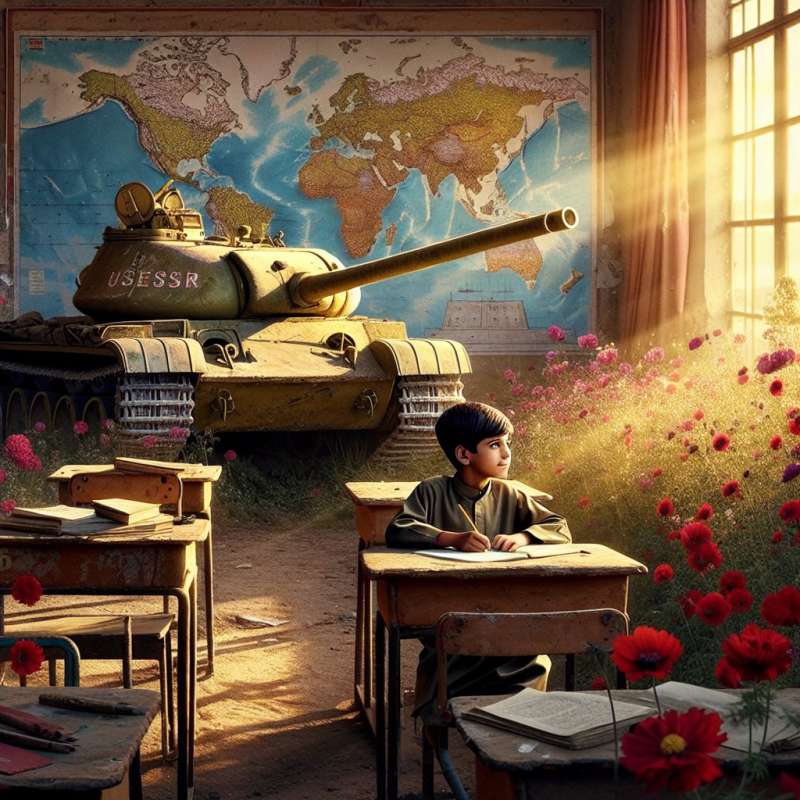
Cold War Origins
Post-World War II, geopolitical tensions soared between the Soviet Union and the United States, rooted in ideological differences: capitalism versus communism. This period didn't involve direct military conflict but was characterized by proxy wars, nuclear arms races, and espionage.
Iron Curtain Descends
Winston Churchill famously coined the term 'Iron Curtain' in 1946, describing the division between Western powers and Soviet-controlled Eastern Europe. This metaphorical barrier highlighted the sharp divide in Europe and the beginning of Soviet isolation.
Space Race Milestones
The Space Race was a Cold War arena, where the U.S. and USSR competed to achieve firsts in spaceflight. Surprisingly, the first animal in orbit was a Soviet dog named Laika in 1957, predating human astronauts.
Cuban Missile Crisis
In 1962, the world stood on the brink of nuclear war. The Cuban Missile Crisis began when American spy planes discovered Soviet missiles in Cuba. This 13-day standoff is often considered the Cold War's tensest moment.
US 'Moonshot' Bet
The U.S. commitment to land on the moon, a response to Soviet space successes, was a monumental gamble. It unified American public opinion, showcased technological prowess, and ultimately, marked a significant victory in the Space Race.
Soviet-Afghan War Impact
The Soviet-Afghan War (1979-1989) drained Soviet resources and morale. This conflict is sometimes called the 'Soviet Union's Vietnam' due to the prolonged engagement and high costs, contributing to the USSR's eventual collapse.
Cold War's Quiet End
The Cold War ended not with a bang but with a series of reforms. Mikhail Gorbachev's policies of Perestroika (restructuring) and Glasnost (openness) inadvertently accelerated the Soviet Union's dissolution in 1991.
Post-WWII tension roots?
Economic policies clash
Capitalism vs. communism
Alliance disagreements
Company